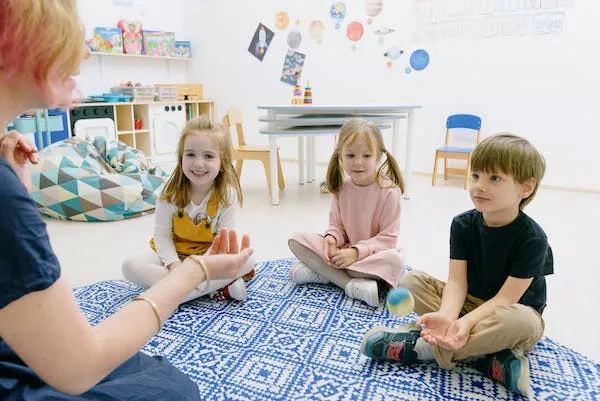The joy of parenthood comes with a multitude of questions and decisions, one of which revolves around nurturing your newborn’s developing mind. Many parents wonder when is the right time to start reading to their little ones. While it may seem premature to introduce books to a newborn, research has shown that early exposure to reading can have profound benefits on a child’s cognitive and language development. In this article, we will explore the importance of reading to newborns, when to begin, and how to make the most of this valuable bonding experience.
The Importance of Reading to Newborns:
Reading to newborns holds immense significance in their early development. Here are some key reasons why this practice is highly recommended:
Bonding and Connection:
Reading to your newborn fosters a deep emotional bond between parent and child. The soothing sound of your voice, the gentle rhythm of the words, and the close physical contact create a sense of security and comfort. This shared experience not only strengthens the parent-child relationship but also helps the baby feel loved and nurtured.
Language Development:
Early exposure to language is crucial for a child’s language development. Newborns are wired to absorb information from their surroundings, including sounds, words, and intonations. By reading to your baby, you expose them to a rich variety of vocabulary, sentence structures, and storytelling patterns. This exposure helps build a strong foundation for language acquisition and communication skills later in life.
Cognitive Stimulation:
Reading stimulates a newborn’s brain by engaging their senses and promoting cognitive development. The colorful illustrations, different textures, and the act of turning pages provide sensory experiences that enhance their visual perception and fine motor skills. Additionally, exposing them to different storylines and concepts encourages curiosity, imagination, and critical thinking from an early age.
Preparing for Future Literacy:
Reading to your newborn lays the groundwork for future literacy skills. As they grow older, they will associate reading with enjoyment and intellectual exploration, setting the stage for a lifelong love of learning and reading. It also establishes a routine of reading, creating positive associations with books and setting the stage for independent reading habits.
When to Start Reading to Your Newborn:
While there is no fixed age to begin reading to your newborn, it is generally recommended to start within the first few months of their life. Newborns are highly receptive to their environment, and reading to them from an early stage can have a profound impact on their development. Here are some tips to consider:
Early Weeks:
In the initial weeks, focus on establishing a strong bond with your baby through physical contact, gentle voices, and eye contact. You can introduce simple rhymes, lullabies, or soft rhythmic stories to create a calming and engaging atmosphere.
High-Contrast Books:
Newborns have limited visual acuity, so choosing high-contrast books with bold patterns and simple images can capture their attention. Black and white or high-contrast board books are ideal for this stage, as they are visually stimulating for your baby.
Reading as a Daily Ritual:
Incorporate reading into your daily routine by setting aside dedicated time for reading sessions. It can be during quiet moments before naptime or bedtime, creating a cozy and intimate environment for you and your baby.
Follow Your Baby’s Cues:
Pay attention to your baby’s reactions and cues during reading sessions. If they seem engaged, show signs of enjoyment, or make eye contact, it indicates their interest. If they become fussy or lose interest, it might be an indication to pause or try a different approach. Flexibility and responsiveness to your baby’s needs are essential during this stage.
Read Aloud with Enthusiasm:
When reading to your newborn, use expressive and animated voices to capture their attention. Emphasize the rhythm and intonation of the words to make the experience engaging and enjoyable. Your enthusiasm will help your baby associate reading with pleasure and create positive memories associated with books.
Conclusion:
Reading to your newborn is a gift that keeps on giving. By starting early and making reading a regular part of your routine, you provide your baby with a strong foundation for language development, cognitive stimulation, and a lifelong love of books. The benefits extend beyond the early years, shaping their intellectual growth, imagination, and future literacy skills. So, embrace the joy of reading to your newborn, and embark on a journey of shared discovery, imagination, and endless possibilities. Together, you and your little one will embark on an enchanting adventure through the pages of cherished stories, forging memories that will last a lifetime.


